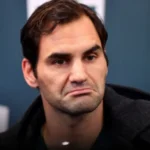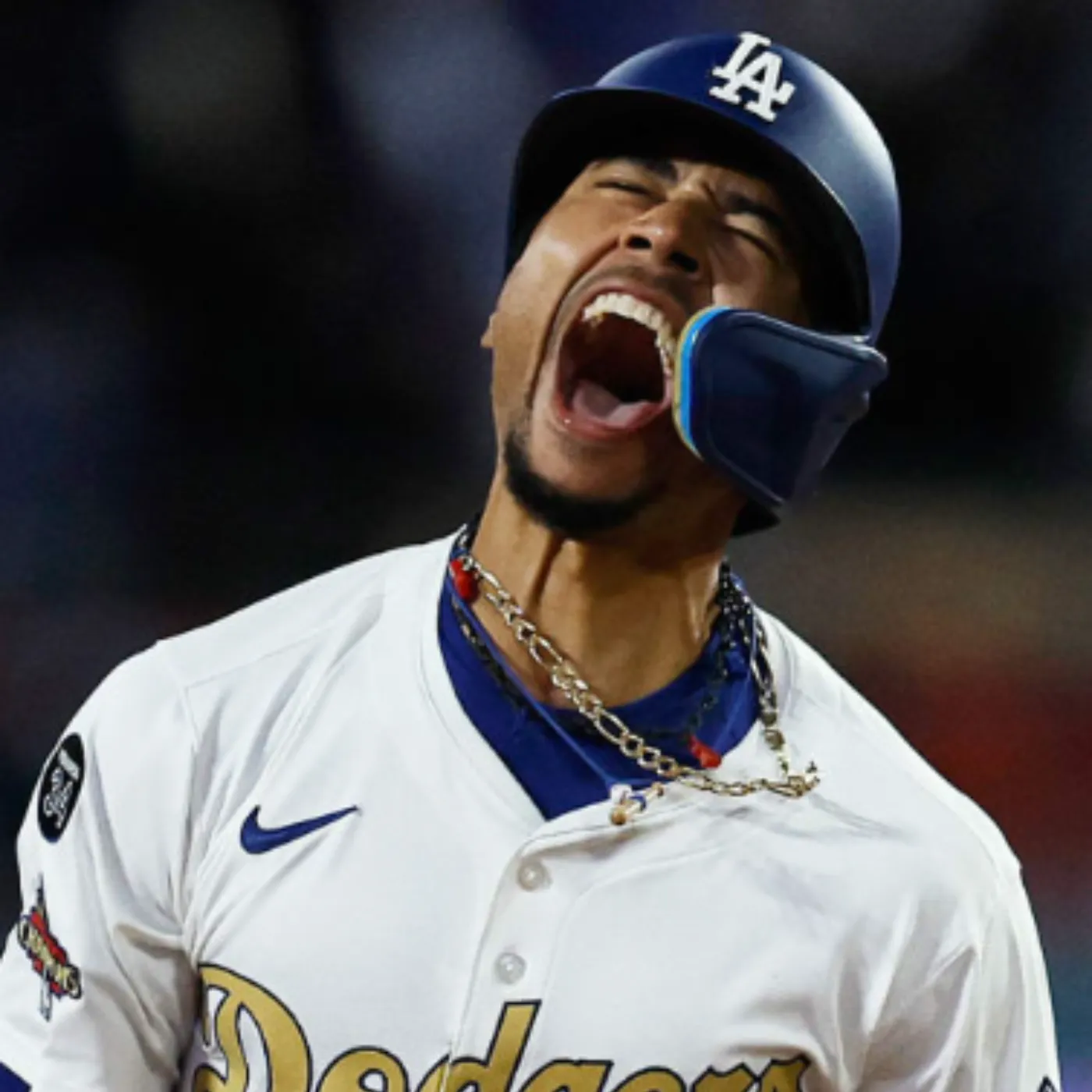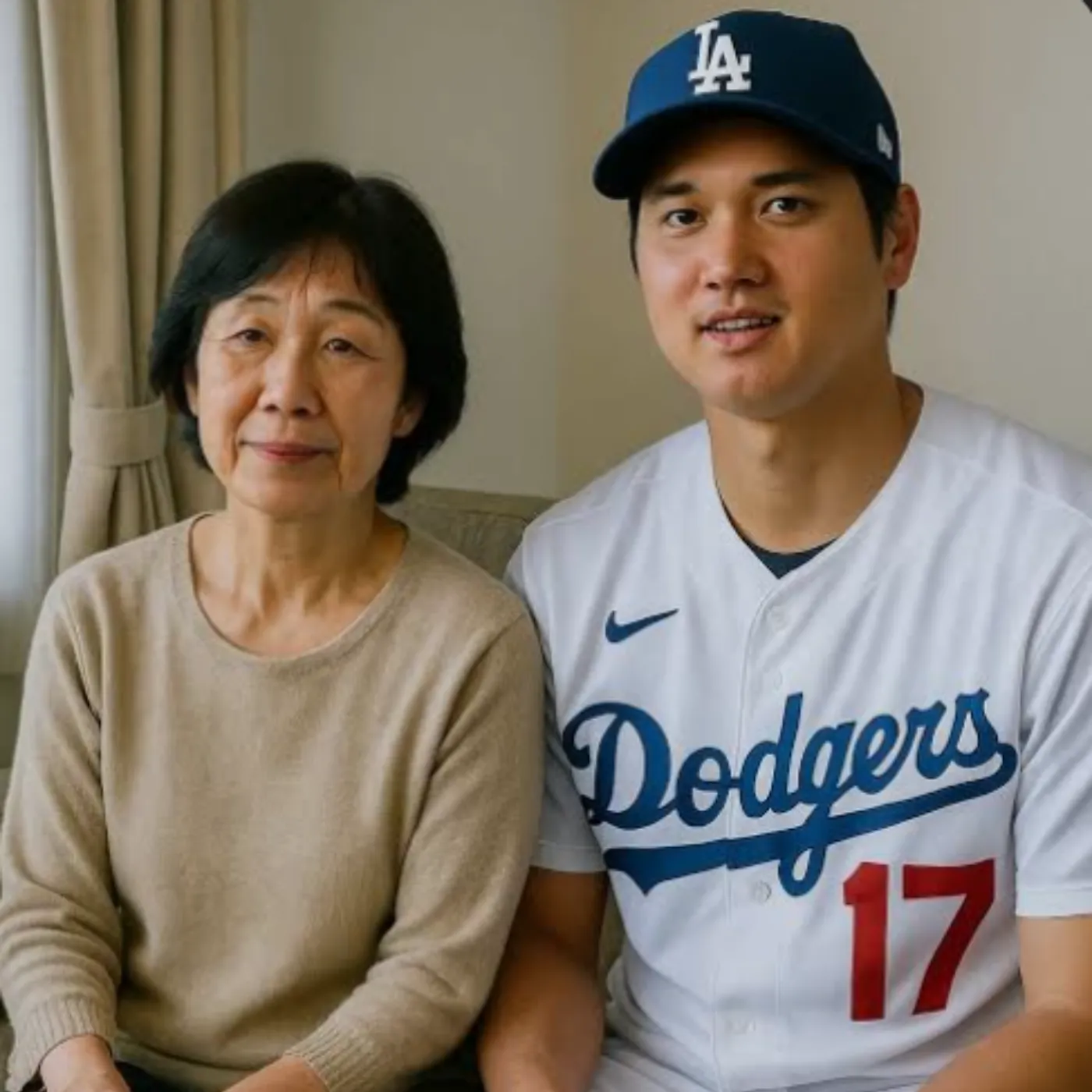
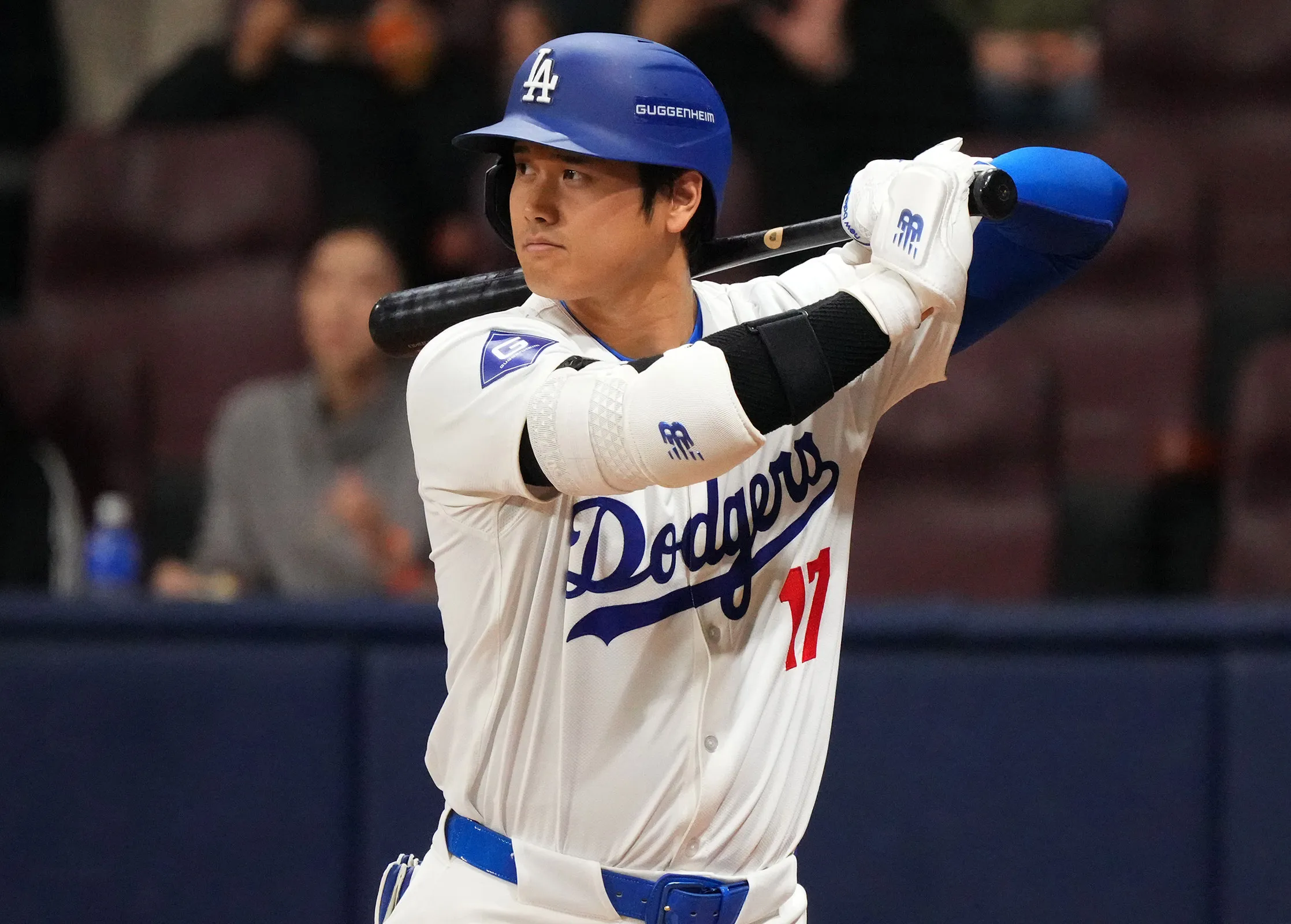
Is Shohei Ohtani The MLB’s No. 1 Ace? Dodgers’ Friedman Sparks Heated Debate
The Growing Debate Around Ohtani’s Status
When Andrew Friedman, the President of Baseball Operations for the Los Angeles Dodgers, described Shohei Ohtani as “one of MLB’s best starting pitchers,” it did more than compliment the superstar. It sparked a nationwide debate: Is Shohei Ohtani truly the No. 1 ace in Major League Baseball? The question touches not only on statistics and achievements but also on the way Ohtani has reshaped how fans, analysts, and executives think about the game itself.
The conversation comes at a critical moment. The Dodgers, chasing another World Series title, rely heavily on their star. Ohtani, already a two-time MVP, continues to break barriers both as a hitter and pitcher. Yet calling him the definitive No. 1 ace carries implications that stir emotions across the baseball community.
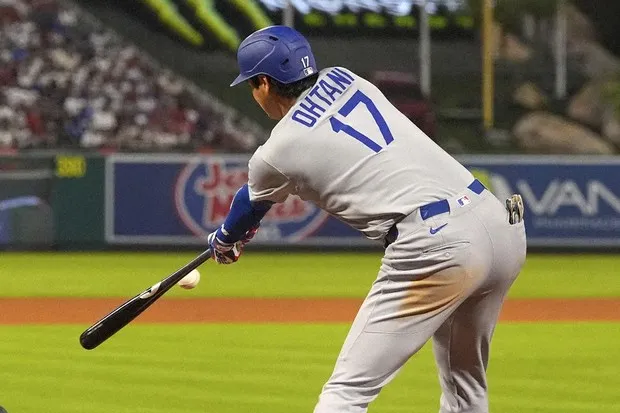
Ohtani’s Dual Legacy as Pitcher and Hitter
To understand the debate, one must appreciate Ohtani’s uniqueness. No other player in modern history has dominated both as a power hitter and as a front-line pitcher the way Ohtani has. While Babe Ruth often gets mentioned in the same breath, even he did not sustain elite levels of performance in both roles simultaneously for as long as Ohtani.
On the mound, Ohtani’s numbers are elite. His strikeout rates, ability to control the game with a devastating splitter, and consistency in big moments showcase the profile of a true ace. As a hitter, he terrorizes opposing pitchers, frequently ranking among league leaders in home runs, slugging percentage, and OPS.
The duality magnifies the debate: is Ohtani’s value as an ace defined only by his pitching, or should the totality of his contribution make him the undisputed No. 1 across baseball?
Comparing Ohtani to Other MLB Aces
Every era in baseball has had dominant pitchers who set the standard. From Clayton Kershaw in his prime, to Justin Verlander, Max Scherzer, Gerrit Cole, and Jacob deGrom, the ace label traditionally went to a pure pitcher who commanded fear every fifth day.
When critics push back on the idea that Ohtani is MLB’s top ace, they argue that he hasn’t logged the same volume of innings as some of these veterans. Durability remains the biggest question mark. Because Ohtani also bats nearly every day, the Dodgers and his previous team, the Angels, have sometimes adjusted his pitching workload to protect his health.
Still, the impact per inning Ohtani delivers is staggering. His strikeout dominance, ability to silence bats, and clutch performances against top lineups rival any of the game’s best. Many argue that even with fewer innings, his effectiveness is unmatched, and that should be enough to crown him as the No. 1 ace.
The Injury Factor and Its Impact on the Debate
No discussion about Ohtani as the league’s top ace can ignore the injury storyline. Elbow issues have forced him to undergo surgery, altering his pitching schedule at times. Critics point out that the very definition of an ace requires durability—being there every fifth day, year after year, anchoring a rotation.
However, others counter that Ohtani’s ability to excel even with modified usage proves his extraordinary talent. If health allows, he has the tools to dominate at a level no one else can replicate. And unlike other aces, Ohtani brings offensive firepower that multiplies his overall value. For the Dodgers, that dual threat is worth more than having two separate players—one star pitcher and one power hitter.
Andrew Friedman’s Comments Ignite Reactions
When Friedman called Ohtani one of MLB’s best pitchers, he did so in a matter-of-fact tone. Yet the baseball world reacted instantly. Supporters of Ohtani flooded social media, celebrating the recognition and pushing the idea that he deserves the ace crown outright. Skeptics, meanwhile, insisted that Friedman’s words overlooked established pitchers with longer resumes of dominance.
The heated reactions reflect something deeper: Ohtani has become more than just a player. He represents a cultural phenomenon, a global icon whose every move gets magnified. Any praise of Ohtani, especially by a front-office leader, naturally escalates into larger debates about baseball hierarchy and legacy.
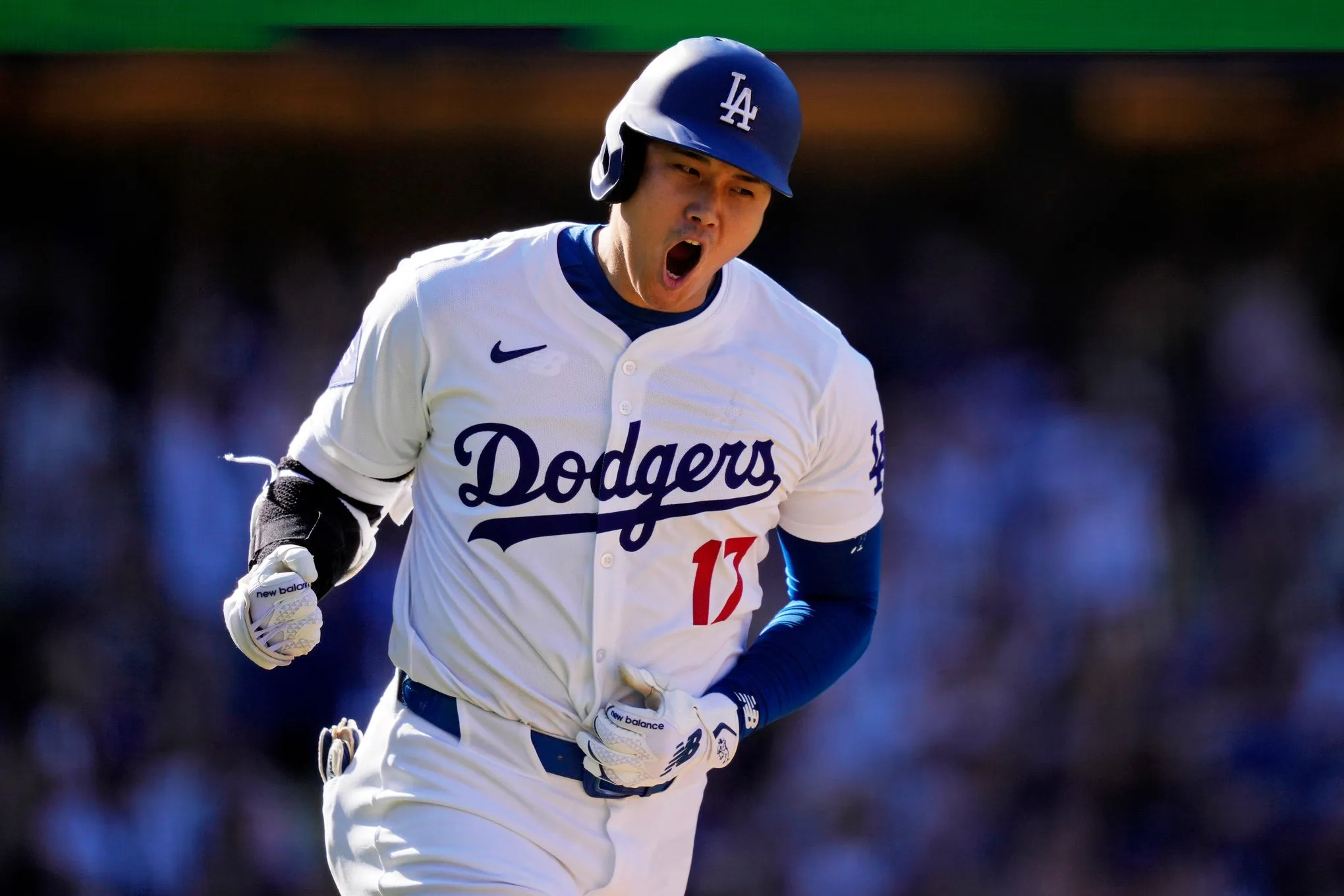
Ohtani’s Role in Dodgers’ Championship Hopes
For the Dodgers, the debate over whether Ohtani is MLB’s No. 1 ace is more than academic. Their postseason hopes could hinge on his ability to lead the rotation when it matters most. October baseball is where legends are made, and an ace’s performance under playoff pressure often defines entire eras.
If Ohtani can carry his dominance from the regular season into the playoffs, the argument for him as the undisputed ace becomes far stronger. For Dodgers fans, the dream is simple: a healthy Ohtani delivering historic pitching performances while also crushing home runs in the same series. That dual presence could tilt the balance of power in October more than any other single player in the league.
The Broader Impact on Baseball History
Whether or not he is crowned the league’s No. 1 ace right now, Ohtani’s influence on baseball history is already secure. He has shattered preconceived notions of what a player can be, forcing teams to rethink player development and long-term strategy. His success challenges the specialization trend that dominated modern baseball for decades.
In time, the conversation may not be whether Ohtani is the best pitcher in MLB, but whether he is the most impactful player in baseball history. Even without unanimous agreement on the ace label, his value across multiple dimensions remains unparalleled.
Conclusion: The Ongoing Debate Will Shape Ohtani’s Legacy
The debate sparked by Andrew Friedman’s comments shows no signs of slowing down. Is Shohei Ohtani the MLB’s No. 1 ace? The answer depends on how one defines the role. If an ace is purely about innings, durability, and tradition, then skeptics will continue to push back. But if an ace is defined by dominance, ability to change games, and overall impact, then Ohtani stands alone at the top.
For fans, analysts, and the Dodgers organization, this debate adds even more drama to an already compelling season. Whether Ohtani ultimately earns the title of MLB’s definitive ace may depend on what he does next—especially under the brightest lights of the postseason. Until then, one thing remains certain: Shohei Ohtani has already redefined what greatness looks like in Major League Baseball.







